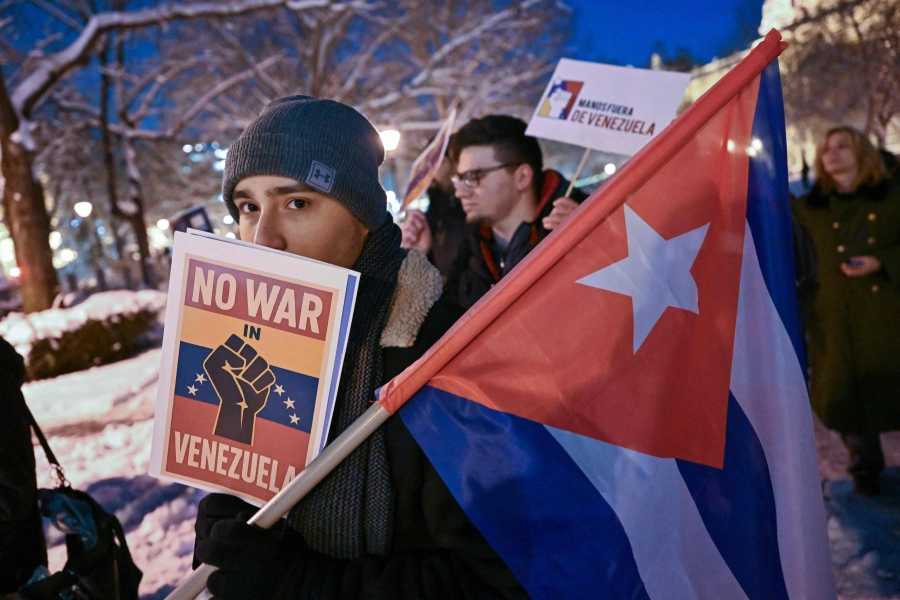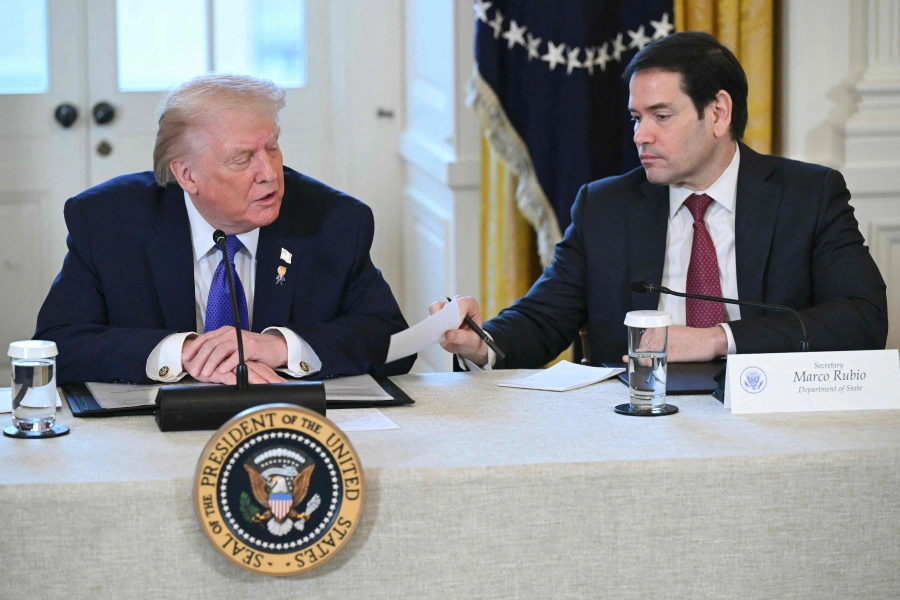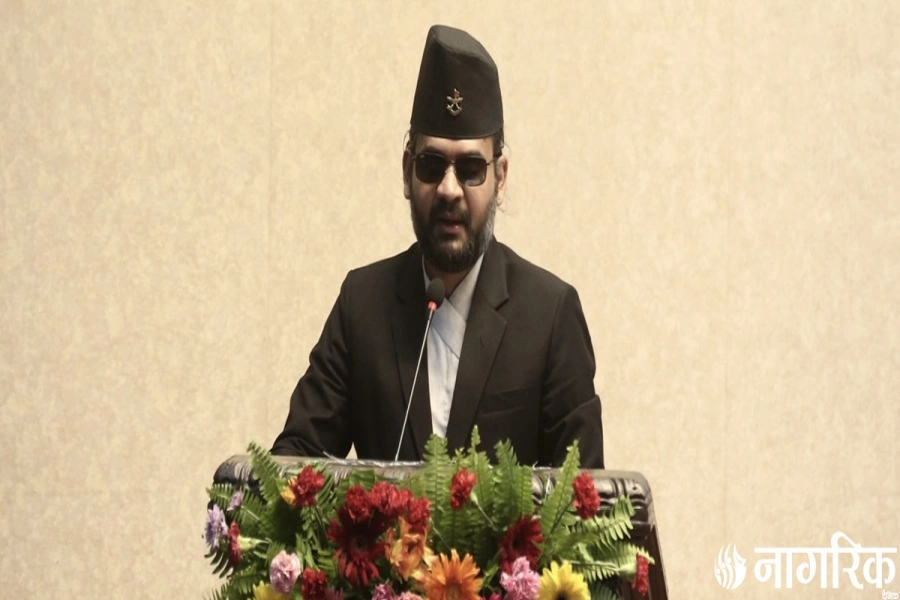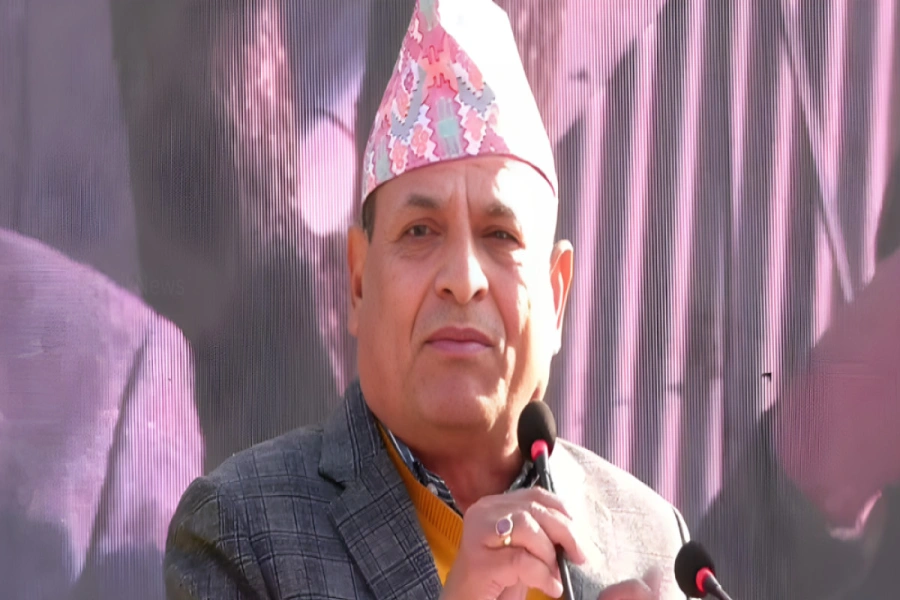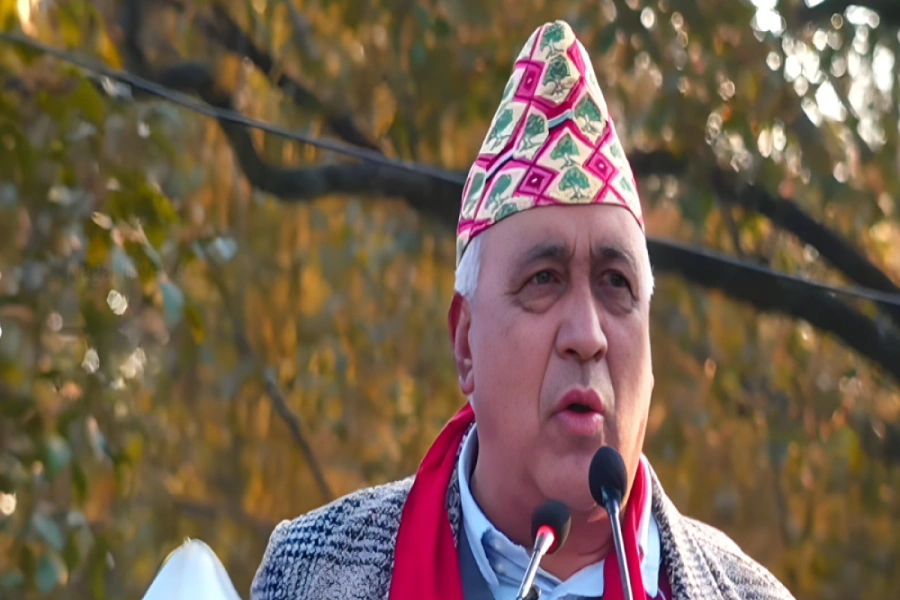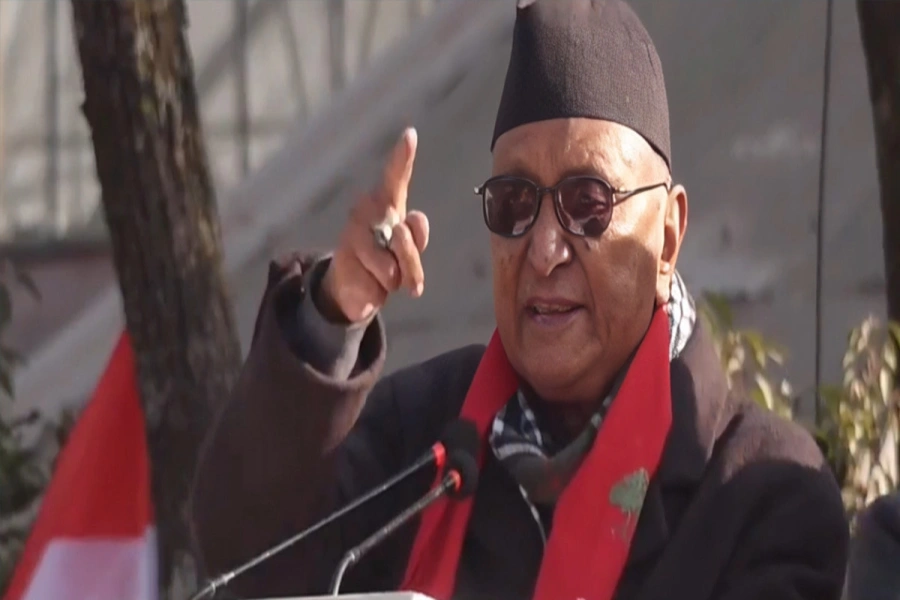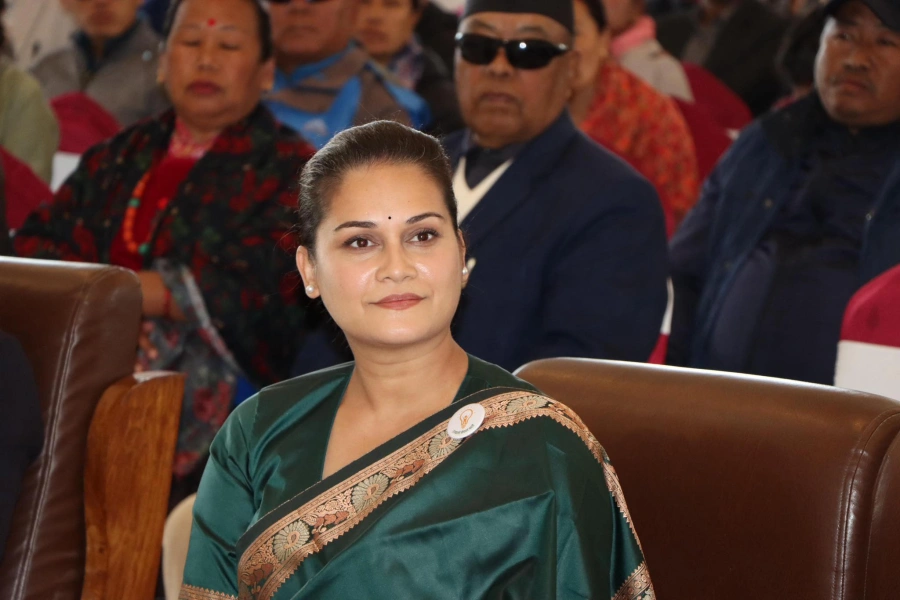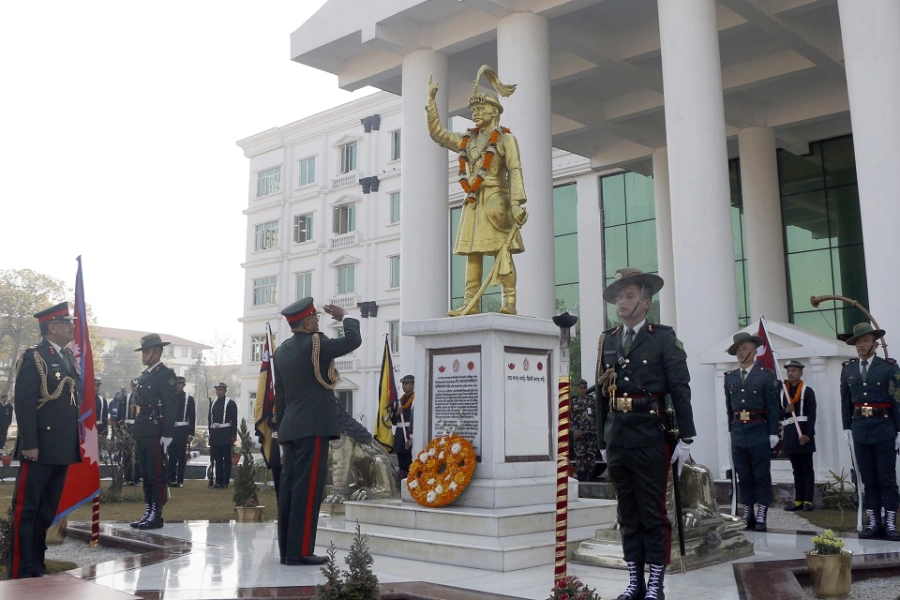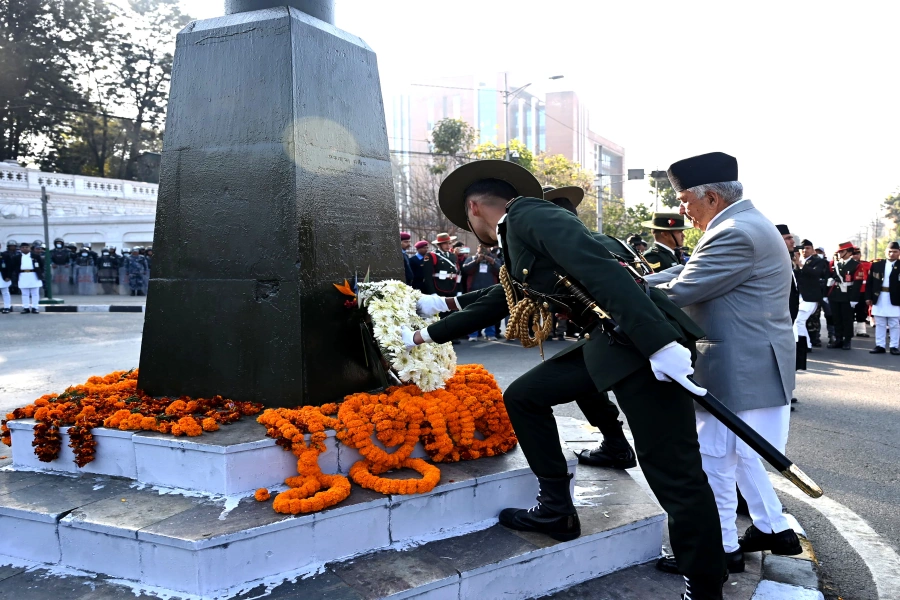When Girija Prasad Koirala’s government decided on December 29, 2007 to declare Christmas a national holiday, together with Loshar and Eid, Nepali Christians rejoiced. That day was a happy turning point. Prior to 2008, the Christian community celebrated Jesus’ birthday, December 25th, with some difficulty. Children had to go to school. Some had exams. Workers had to go to their offices. Many Christians had to miss the day’s services because they couldn’t get a day-off. Happily, things have changed for the better.
The last 60 Nepali Christians who were jailed by the Panchayat regime were freed after the advent of democracy in 1991. Now, recognising Christmas as a national holiday has given legitimacy to the Church in this country and allowed Nepali Christians to feel that they too are respected citizens of Nepal. However, recognition of Christmas as a national holiday has also led to the expectation of greater integration of Nepali Christians into the society. Christmas as a national holiday should serve only as a happy beginning towards securing the legitimate rights of all Christians. What are these? From many, I discuss two.
LEGAL REGISTRATION
Churches want to register with the government, pay taxes, and become legal entities. Lack of governmental registration has posed many problems. Churches still buy land in the names of three or four “trustworthy” people. The problem arises when these people succumb to greed and try to usurp the common land and building. In Kathmandu, this problem first arose when Indian missionaries bought church land in the names of three Nepalis. Later on, two of them claimed the land was their personal property. The three pastors from India couldn’t resolve this issue. A fourth succeeded only after he allowed one “trustee” to take his share of land, and another to accept money instead. Both “trustees” betrayed their faith and left the fellowship. The church now occupies two-thirds of the land originally bought.
The same problem cropped up in Biratnagar where two brothers and another church member collectively owned land belonging to a Christian denomination. The two brothers too succumbed to greed and captured the land that now costs millions of rupees. This is in sharp contrast to a group of “Christians” in Kathmandu who have filed court cases against the usurping landowners.
Some pastors have been greedy too. They have, right from the start, treated church property as their own assets and completely done away with the notion of collective ownership. Though foreign donors funded the purchase, the local pastors registered the lands under their names. Not surprisingly, it is mostly the pastors who hail from outside Kathmandu that usurp church properties in order to establish a foothold in the capital. Unless the law changes, the church building and the land will automatically be transferred to the children of these pastors when they pass away. If those children lose their faith, they can sell off the land and building that should have belonged to the congregation perpetually. Life-long enmity has ensued when well-meaning Christians have advised such pastors to correct their errors. Problems like these wouldn’t have risen had the government allowed churches and Christian organisations to register and become legal owners.
Presently, Christian groups have the option of establishing NGOs to which they can transfer land and building. Though this isn’t ideal, it’s still better than joint ownership. One pastor is now doing jail time for trying to confiscate land and building that belonged to an organisation. Other “fortunate” pastors have sold off Christian assets and then squandered the money.
May this Christmas inspire the Nepal government to allow Christian groups and churches to register, and become legal entities.
AFFILIATION FOR BIBLE COLLEGES
There are over 60 Bible schools and colleges in the country. Why not! If our Hindu friends can boast of the Mahendra Sanskrit University, Muslims of their madrasas, and Buddhists of their various monasteries and a university, Christians naturally desire institutions for the teaching of Bible and related subjects. During the Panchayat years, Nepali Christians had to go to India for biblical education. It was only in 1978 that the Assembly of God Church (Nepal) started the Discipleship Centre that offered a nine- month course to students of her denomination.
In May 1981, the Nepal Bible Institute was started, offering two-year course in the Holy Scriptures to all Christian groups. It accepted students from within Nepal and also north-east India. Since, about 65 different Bible schools and colleges have been established. However, the courses they offer have no recognition outside Nepal. This means that students wanting a world-recognised biblical degree have to go to India or beyond. The money being sent for their education abroad could be channelled into Nepali education system if a local university gave affiliations to the Bible colleges.
Towards this goal, the Association for Theological Education in Nepal (ATEN), a government registered NGO, started approaching various Nepali universities for affiliation. ATEN first met the vice-chancellor of a private university that has received a lot of Christian aid. In his book, the VC admits generous Christian help for the founding of his university and that missionaries still teach there. But the VC, while he chose to establish a Buddhist institution, simply refused to consider a Department of Christian Studies.
Discouraged by this, ATEN approached a government-funded university. The Dean of Humanities even went to inspect a model Bible college, replete with a 18,000-volume theological library. The church leaders tried to convince the dean that the Department of Christian Studies would raise its own funding and not become a financial liability. However, after keeping mum for seven months, he too answered in the negative. When ATEN approached another private university outside Kathmandu, the VC didn’t even give an appointment. So questions persist; "Has Nepal become a truly secular state? Will any Nepali university regard Christians as citizens, and grant affiliation to at least some Bible colleges that meet its standards?"
Jesus’ birth more than 2,000 years ago gave hope to all humanity. Before his birth, an angel told Joseph, the husband of Mary, "She [Mary] will give birth to a son, and you are to give him the name Jesus because he will save his people from their sins."
We have come a long way since. Nepali Christians celebrate this Christmas with much hope for the better days ahead. Meanwhile, everyone should rejoice in the birth of Jesus Christ who changed the world for the better. Merry Christmas!
Expectations a heavy burden



